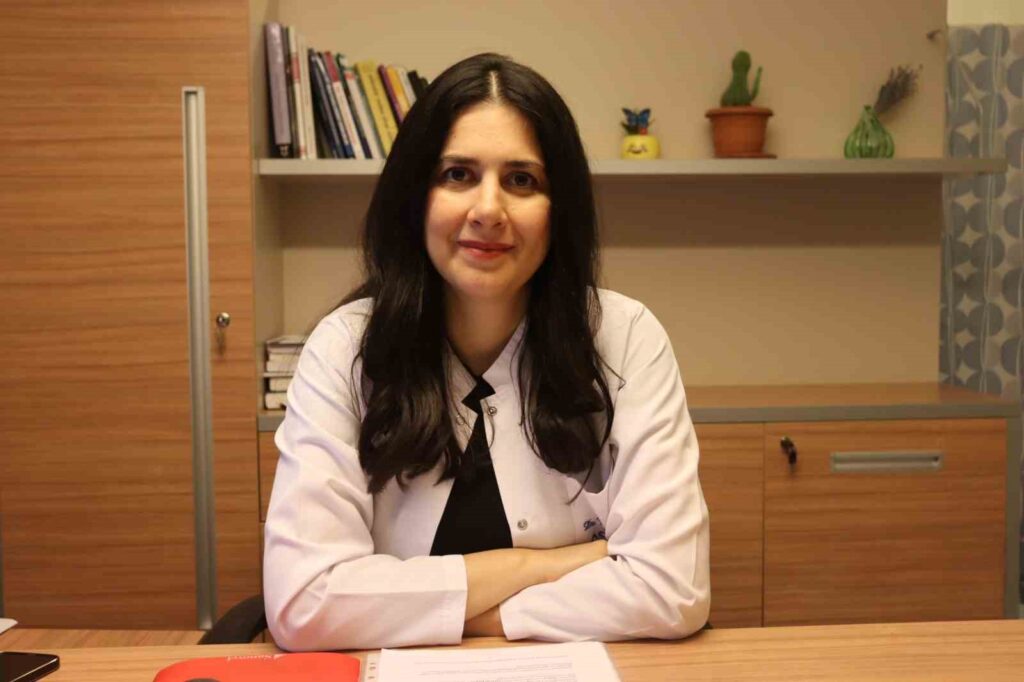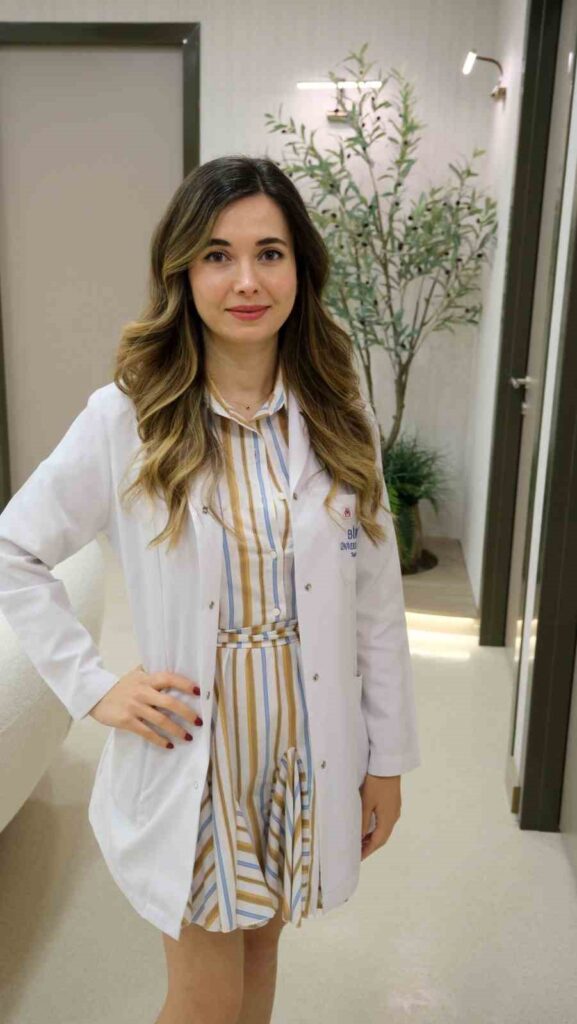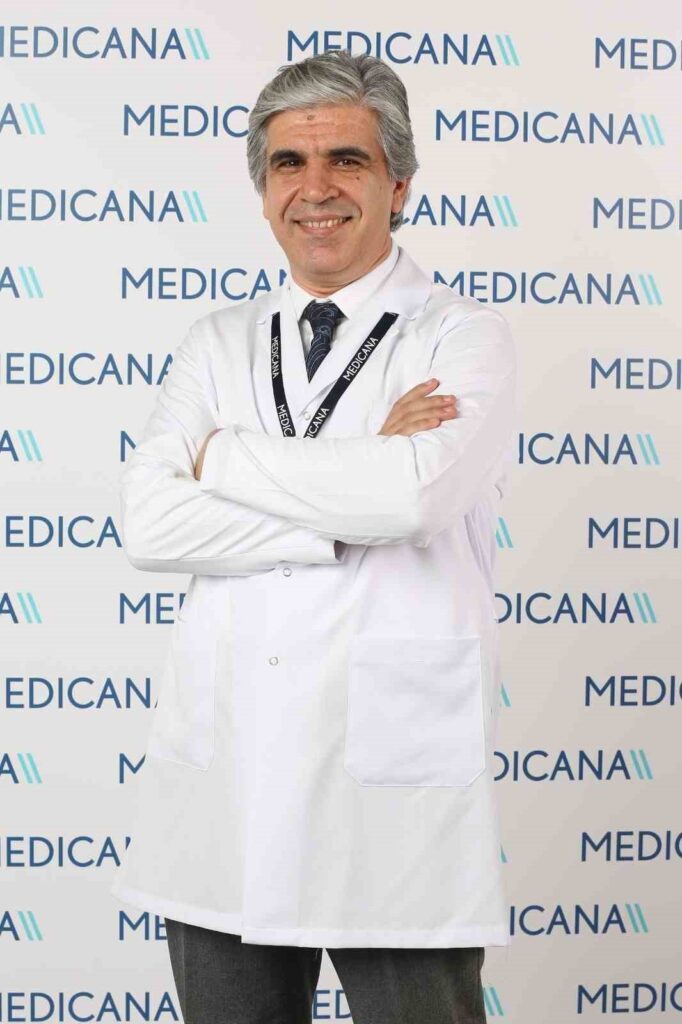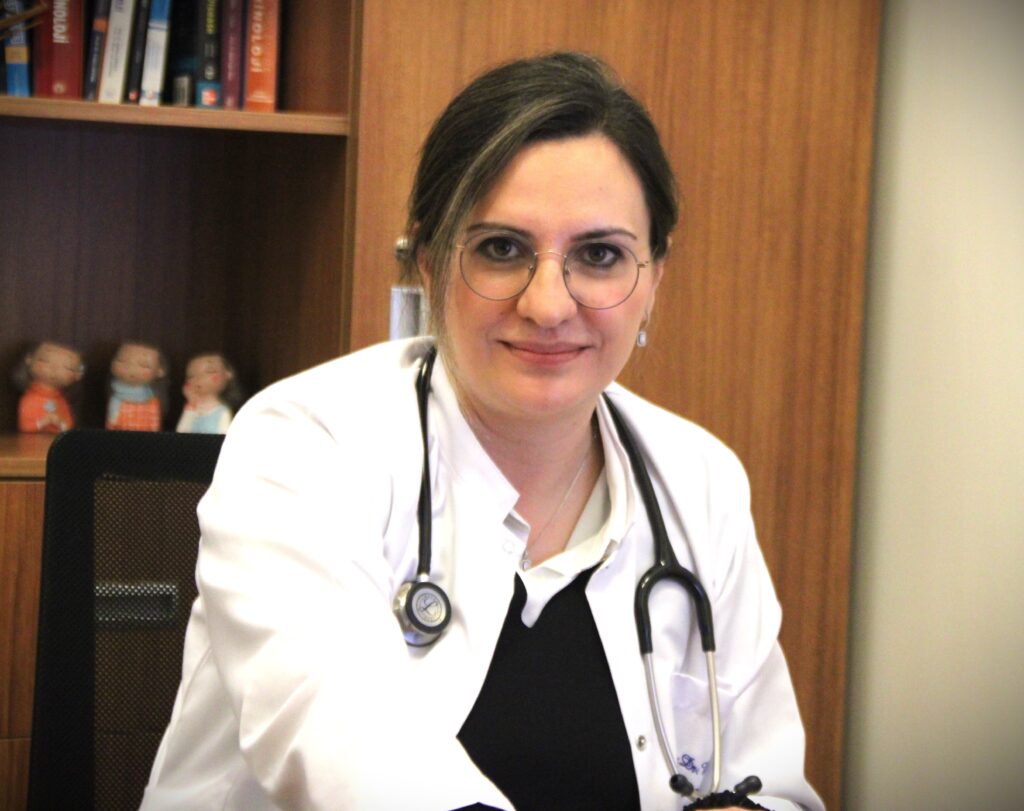Early diagnosis is very important to improve the quality of life for a patient with ALS
Neurology Specialist Dr. Nurhan Yılmaz stated that in ALS, a disease that does not yet have a clear treatment, risk factors have not been identified, and said, ‘Patients usually come to us due to muscle cramps, twitching, stiffness in muscles, pain, and weakness…’.

Neurology Specialist Dr. Nurhan Yılmaz stated that there is no clear treatment for ALS, also mentioning that risk factors have not been identified. He said, ‘Patients usually come to us complaining of muscle cramps, twitches, muscle stiffness, pain, and weakness. Sometimes they even say they can’t hold a glass.’ Providing important information on the occasion of June 21st World ALS Day, Neurology Specialist Dr. Nurhan Yılmaz from Acıbadem Kayseri Hospital expressed that Amyotrophic Lateral Sclerosis, known as ALS in society, occurs as a result of damage to motor neurons in the brain and spinal cord responsible for moving muscles. Dr. Yılmaz pointed out that the frequency of ALS worldwide is between 2 to 6 per 100,000 people, stating, ‘ALS is more common in male individuals between the ages of 40 and 60. After the age of 65, there is no gender difference, and it is seen equally in women and men. Risk factors for the disease have not been identified. It is considered that genetic inheritance plays a role in 5-10% of cases. However, a clear genetic screening has not yet been conducted. The disease is slightly more common in individuals who smoke compared to non-smokers. The disease is more prevalent in certain regions of the world such as the Pacific Islands, Papua New Guinea, and some islands of Japan. Studies also show that intense sports players like policemen, soldiers, and footballers are more prone to the disease. It has been indicated that exposure to chemical substances is also a risk factor for the disease.’ He continued, ‘Patients may struggle even to hold a cup.’ Dr. Yılmaz explained that patients mostly seek medical help for ‘muscle cramps, twitches, muscle stiffness, pain, and weakness,’ emphasizing that the course of the disease varies depending on the initial region of complaints. He stated, ‘If the disease starts in the arms, the patient may have difficulty turning keys, holding a cup, or buttoning up. If the disease starts in the legs, patients may seek help due to difficulty walking and stumbling. As the disease progresses, it may spread to trunk muscles. Swallowing difficulties, speech problems, and shortness of breath can also be seen in the advanced stages of the disease due to the involvement of trunk muscles.’ Dr. Yılmaz mentioned that they start the diagnosis of the disease based on the individual’s medical history and neurological examination, highlighting that EMG testing is performed initially, providing specific signs of the disease to guide the diagnostic process. He added that in the following stages, blood tests, urine tests, imaging methods, and brain and spinal cord tests may be requested. ‘We provide medication supplements and nutritional support,’ said Dr. Yılmaz, emphasizing that there is still no definitive treatment for ALS. He said, ‘There is currently no clear treatment for the disease. However, gene therapies are being considered. An early diagnosis is very important for us to improve the patient’s quality of life. Because these patients do not experience any problems related to the bladder or urine. They do not report any sensory symptoms such as numbness or tingling. At the same time, they do not have any problems with intelligence or memory. We want the patient to go through this process comfortably. We can provide some medication supplements to reduce cramps, pain, and twitches. We can provide nutritional support to individuals with swallowing difficulties. Speech therapies can be applied to individuals with speech disorders. We can also recommend assistive devices to our patients. Patients can take care of their own tasks until they reach the final stage. However, in the final stage, due to severe muscle wasting and involvement, patients may become unable to lift their arms, walk, or speak.’







